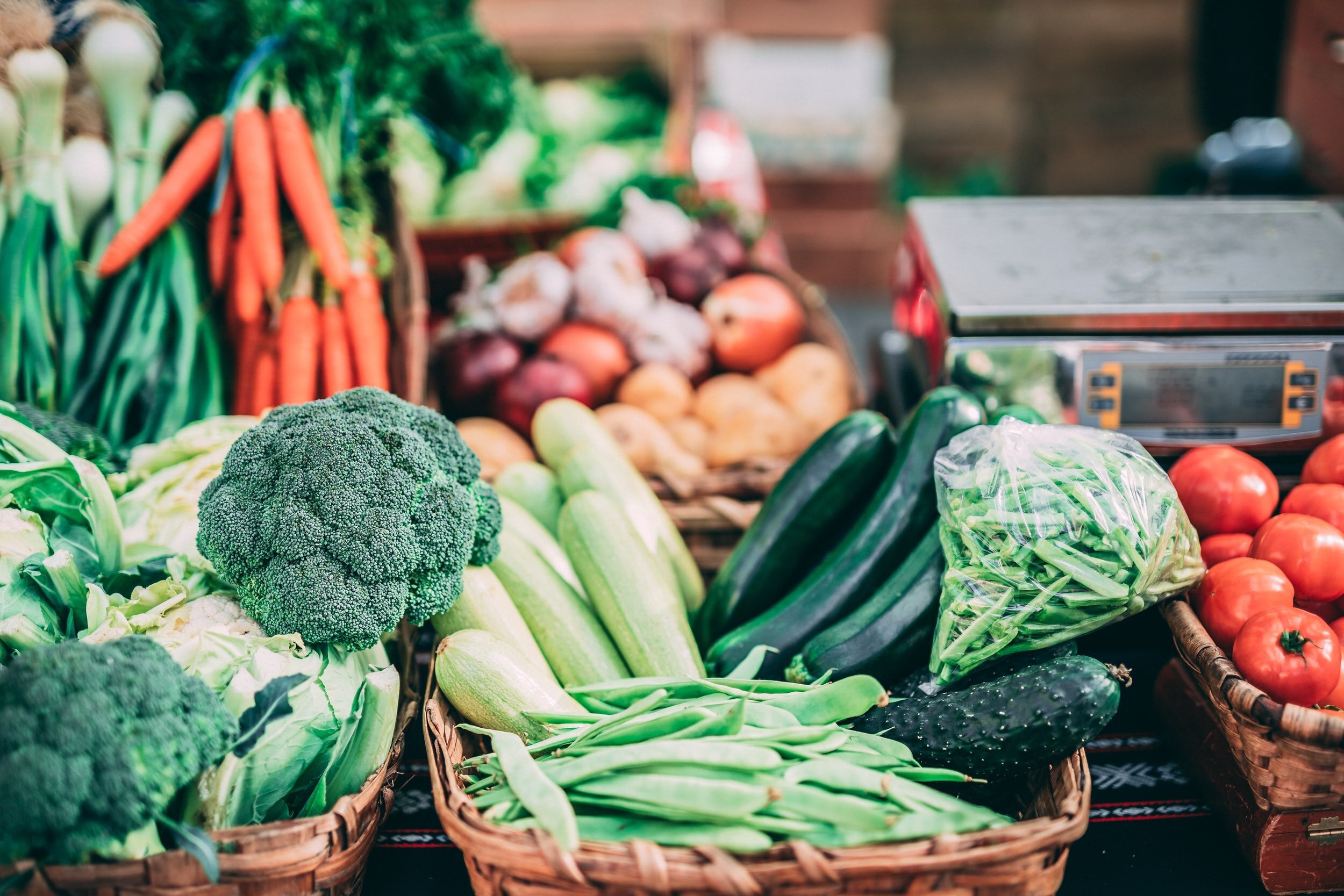Nurdles: hazardous pieces of plastic lurking in our lakes
These tiny plastic particles are a major source of plastic pollution, but what are they and why are they a problem?
Every single day, toxins make their way into our lakes and oceans. Our survival is entirely influenced by how we preserve our land and fresh water. Though, for whatever reason, we continue to diminish our natural resources. While it’s common knowledge that our beautiful world is polluted, some of the worst pollutants can often go undetected and untraced. One common pollutant to our lakes and oceans has a name so deceivingly adorable that you would never associate it with the great harm that they carry: Nurdles.
What are nurdles?
Simply put, nurdles are the building blocks of all things plastic. They are small, lentil-sized pellets of virgin plastic that manufacturers use to make everything from water bottles to storage containers. Each year, trillions of nurdles are produced and unfortunately, upwards of 250,000 tons of them find their way into our oceans each year.
Why should we care?
As we know, plastic is extremely harmful to our environment. Consumer culture has an obsession with plastic and as long as our demand for plastic continues, nurdles will continue to cause harm. They’re composed of harmful petrochemicals, and their ability to attract bacteria and toxins from the environment only adds to the harm that they cause. Nurdles commonly go missing during transport due to a lack of preventative regulations in place, which can lead to disastrous outcomes for our environment, wildlife, and ourselves.
The lack of regulations safeguarding our environment against nurdle contamination makes it even more difficult to recognize when negligence occurs. Nurdles are made in factories and dispersed worldwide to different manufacturing plants where they are used to make everything plastic. What we have learned from recent disasters, such as the ship that caught on fire off the coast of Sri Lanka, is that these tiny pellets are extremely difficult to contain. Once nurdles enter the water, the currents quickly disperse them and they end up in our drinking water, on our shores, and in the bellies of animals. Worse yet, nurdles attract dangerous toxins and bacteria from their environment, only adding to their already toxic chemical makeup.
Furthermore, when these nurdles float to the top of our oceans and onto our shores, it’s easy for fish, birds, and turtles to confuse them for food. A typical nurdle would be about the size and colour of a fish egg, therefore making it very easy for wildlife to make that mistake. This results in either starvation or poisoning. Since plastics do not decompose, nurdles will only break down into smaller bits over time. Animals are not able to digest them, therefore they remain in their bellies and the animal is convinced that they are not hungry. If dying of starvation doesn’t kill them, the harmful bacteria and toxins that nurdles hold can poison their bloodstream, resulting in a horrible death.
In turn, when a fish or other animal dies, their bodies will most likely be consumed by another. The trend of toxic chemicals continues up the food chain, which could result in a variety of different health issues and death. This is so important to consider when we are thinking about the survival of species, not just humans, but of every living species on Earth. How can we trust the food we are putting in our bodies when we can’t trust what the food we eat consumes?
At A Greener Future, we are proud to partner with Nurdle Patrol and The Great Global Nurdle Hunt. We have been busy recruiting volunteers to help clean up nurdles on the shores of Lake Ontario. To date, we have picked up over 275,000 nurdles and we have sent this data to both organizations with the hope that this information will support changes in the plastics industry.
Saving our planet from the impact of nurdles will be an ongoing project, though there is hope. There is a worldwide network of people who are dedicated to protecting our environment for our future and future generations. We aren’t alone in this fight! The internet is a great resource for finding local events (we will be hosting more nurdle hunts in 2025!) or for learning more about how to reduce your plastic consumption. Plastic pollution is a complex issue and we need to do everything we can to make change happen on both an individual and industrial level.


















